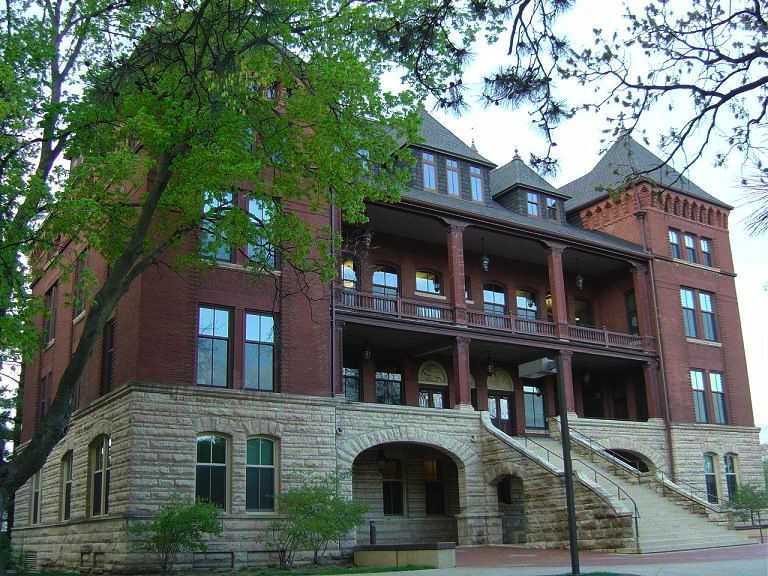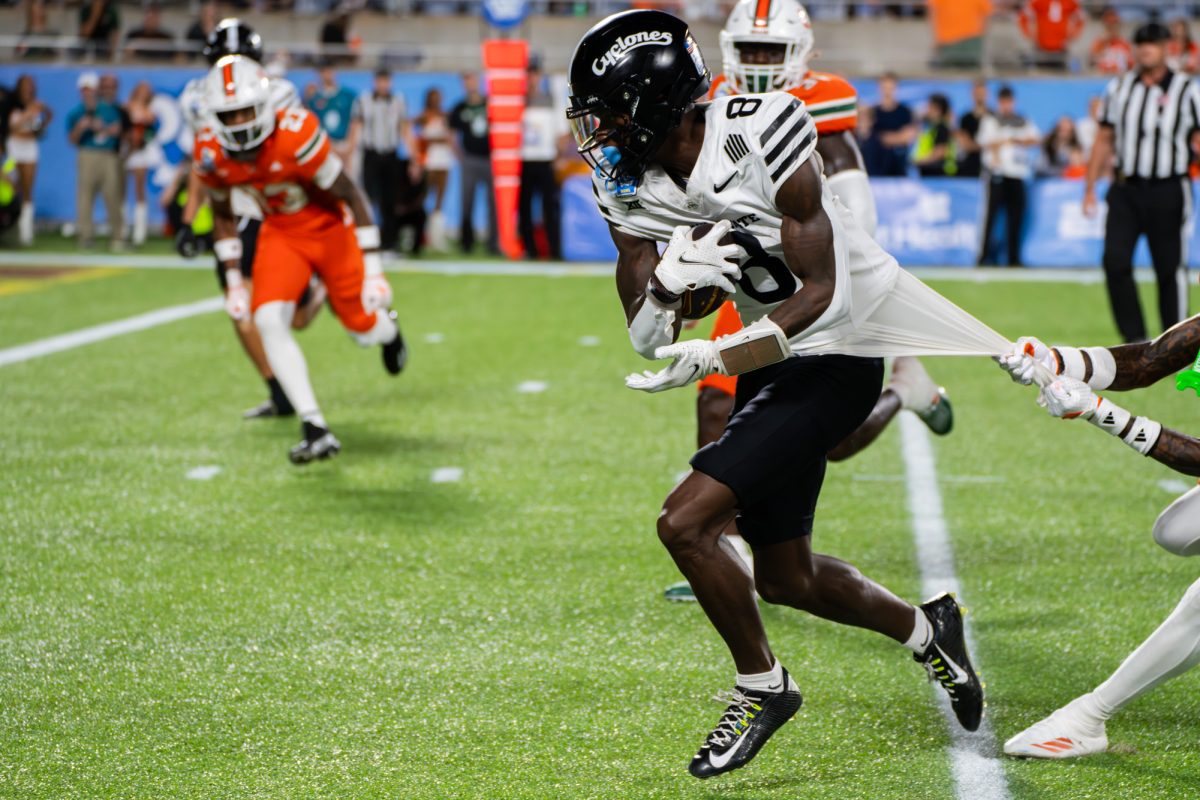Co-founder shares the history of The September 29th Movement
August 9, 2020
In the midst of rising movements around campus, the group that started it all, The September 29th Movement, resurfaced with the same message: Change the name of Catt Hall.
“Why Intersectional Feminists Say Change The Name: The September 29th Movement,” was hosted by the Center for Women and Gender Equity on Friday afternoon through Webex.
The event was led by Meron Wondwosen, an Iowa State alumna and the co-founder of The September 29th Movement. Wondwosen discussed the history of the organization and its interdisciplinary work, the alliances between Black, Indigenous, People of Color LGBTQIA+, students, faculty and staff.
Starting in the 1990s, when word got out a building was being named after Carrie Chapman Catt, a women’s suffragette, Wondwosen said she was studying abroad in France.
“So there we are in Paris having an amazing time, and I am waiting I’m really upset. I can’t believe that they’re going to name this building after Carrie Chapman Catt,” Wondwosen said. “So, I’m back on campus. […] At any rate, I am thinking that I need to write something about this right so he find out that a number of years ago there was an art magazine called UHURU that the Blackstone allies was putting together.”
Wondwosen is currently an attorney who specializes in consumer protection and banking. She also serves as counsel for a community-based organization that mentors young Black and Brown boys in Washington D.C.
Wondwosen said she wrote an article about the history of Catt — which included her statement against the Black community.
Catt was honored by Iowa State in her work for women’s suffrage and as a founder of the League of Women Voters. She had also made the statement that “white supremacy will be strengthened, not weakened, by women’s suffrage.”
“So, the article goes out and there is a massive amount of anger on the part of many of the administration. There is a lot of rage around what they claimed were misattribution of the quotes,” Wondwosen said. “There was a lot of discussion about how I kept on saying that I made up the information that was in the article, and there just seemed to be a lot of pushback around what I had written.”
Following the article, Wondwosen and many others received criticism — whether the statement Catt said during the women’s suffrage movement was accurate or not.
“So after that article goes out, there is a lot of confusion on the part of folks because they really can’t figure out what to do about it right so they, they are, they don’t want to admit that she made the statement, they don’t want to say she’s racist,” Wondwosen said. “So they just keep attacking us. So what happened is the article sort of propels a bunch of articles to go out, some on campus to be written excuse me some on campus.”
Wondwosen served as president of the Black Student Alliance, editor of UHURU Magazine and co-chair of the Iowa State Committee on Lectures.
“We were a group of students — we were undergraduate graduates with faculty, students, we were you know staff, we were also just Ames community members,” Wondwosen said. “We came from various different backgrounds, gender identity, sexual orientations, we were Black and woman founded. […] We were former Black Panthers, we were immigrants. […] We were a group who believed in the reading of history, which centers marginalized communities, that was really huge for us.”







